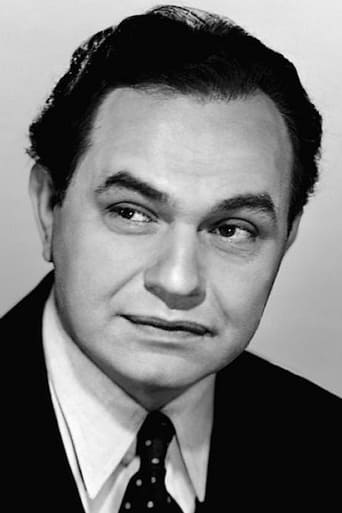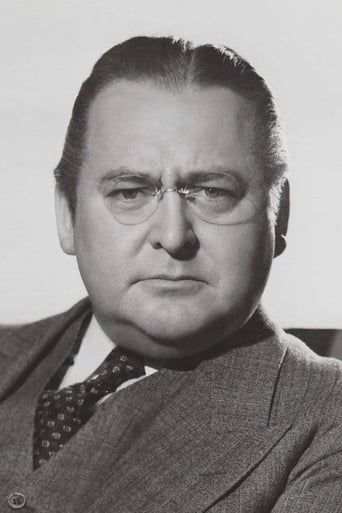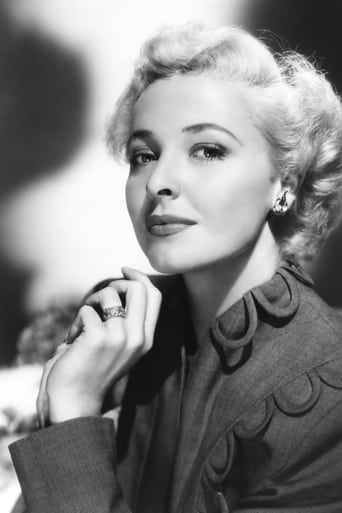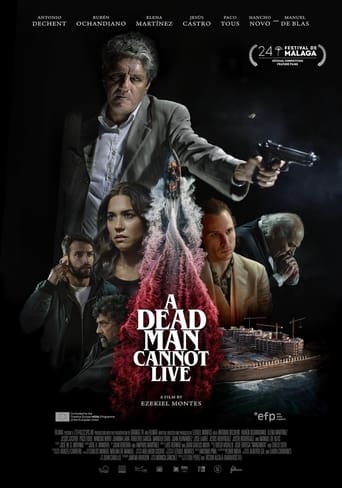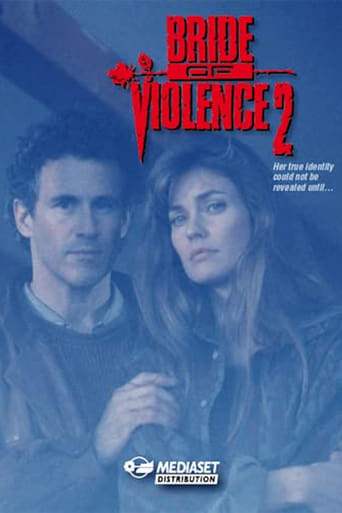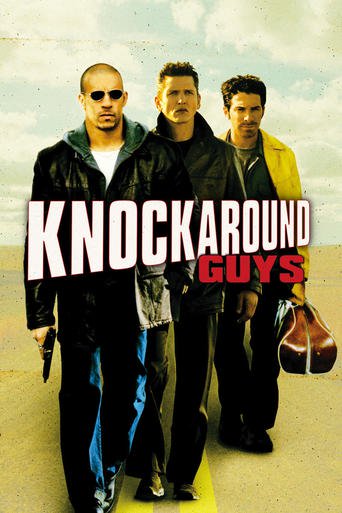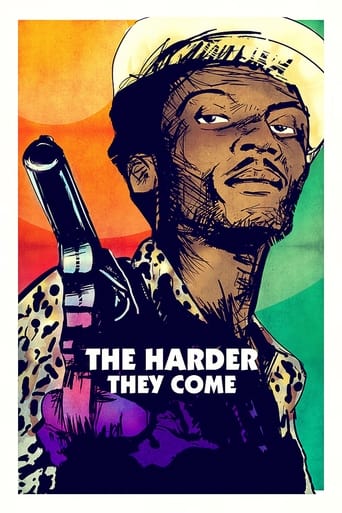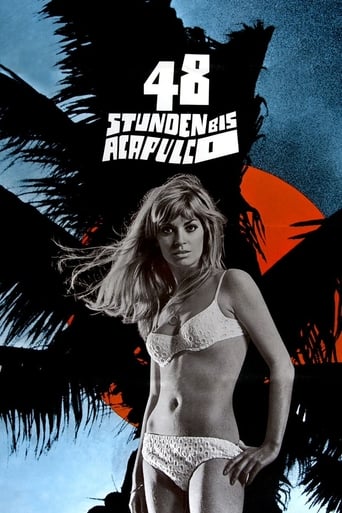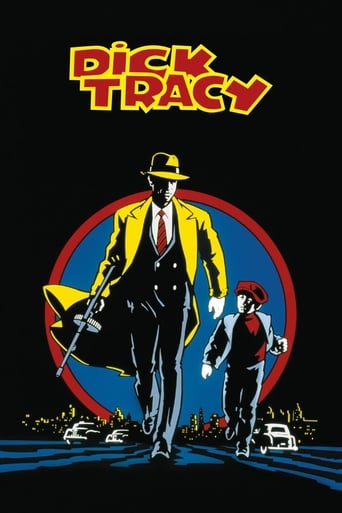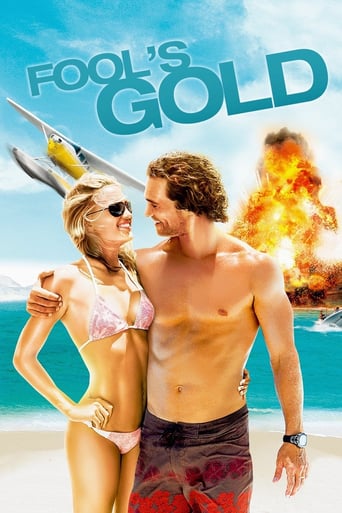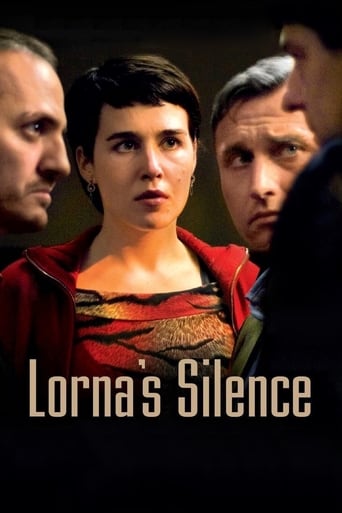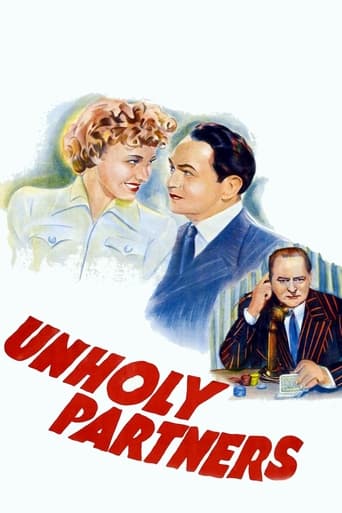
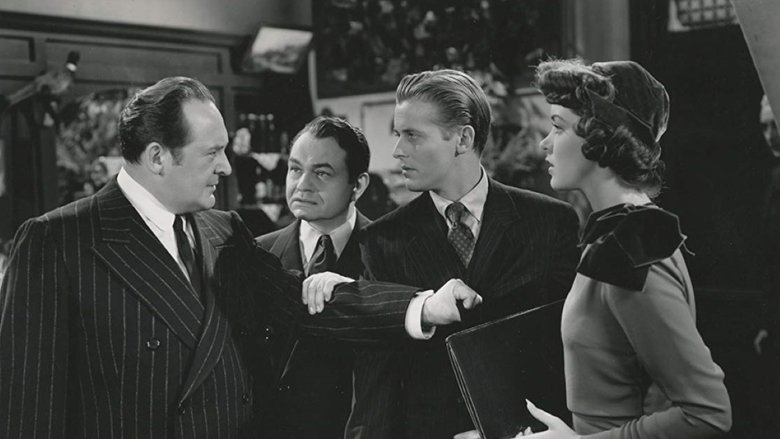
Unholy Partners (1941)
A crusading newsman starts up a tabloid with a gangster as his 50-50 partner.
Watch Trailer
Cast
Similar titles
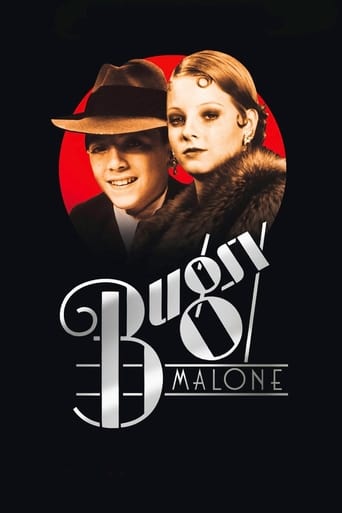
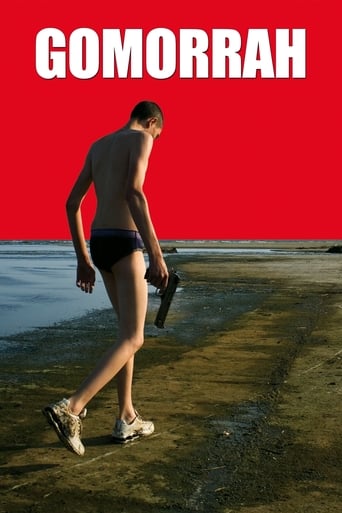
Reviews
A different way of telling a story
When a movie has you begging for it to end not even half way through it's pure crap. We've all seen this movie and this characters millions of times, nothing new in it. Don't waste your time.
There are moments in this movie where the great movie it could've been peek out... They're fleeting, here, but they're worth savoring, and they happen often enough to make it worth your while.
An old-fashioned movie made with new-fashioned finesse.
One of those neglected masterpieces on a minor scale that were outshadowed by more garish and spectacular sensations, like "Citizen Kane" of the same year, that made its hit by targeting Randolph Hearst, which ruined Orson Welles' career to some irrepairable extent, but this film is equally brilliant if not even more, or at least it is even better written, although lacking the flamboyant Welles technique, while Mervyn LeRoy's direction efficiency actually is on more top speed all the way. Robinson's newspaper man is equally controversial and ruthless as Welles but stays on a human basis, which citizen Kane does not. The film is also very reminiscent, and perhaps even more so, of Ben Hecht's and Charles MacArthur's famous "Front Page" of 1931, remade as "His Girl Friday" 1939, which also remains human all the way. They are parallel cases of super brilliant journalism, while "Unholy Partners" is more to the thiller side - shots are actually fired, there are crooks involved, and not until the end you stay uncertain whether Robinson's ruthless editor is on the crooked or the right side. There are many ingenious turnings in this fantastic web of journalistic intrigue, and it would be a pleasure to see it again. I never wanted to see "Citizen Kane" again.
I always liked Edward G. Robinson, but I don't like the typical crime dramas he so often appeared in. So when I found him to not be a gangster, I reveled in his film persona. This is one of those films. Yes, there's an element of crooks here...but it's not Robinson; Robinson is, in fact, the good guy here.And, this is a better film than I had anticipated. Robinson plays a hard-boiled newspaperman who, after WWI, starts his own newspaper. He plays a bit fast and furious with the facts, and sometimes makes news happen, but at heart he tries to make things right. Unfortunately, in order to start his own newspaper he had to take in a silent partner -- a "businessman" who is more a hood than businessman -- Edward Arnold. Ultimately, Robinson deeply regrets the partnership and decides to go after Arnold...at his own peril, and at the peril of one of his young reporters.It's good, but it's not all good. Unfortunately, Laraine Day (who is sort of secretly in love with Robinson) lets us down with acting that is just blah through the first part of the film, but nearer the end of the film she does quite nicely. Lately I've seen Day in a number of films, and while once in a while I thought she was very good, mostly I am finding her to be just middling. But Robinson and Arnold make up for that with some fine acting.In terms of the supporting cast, Marsha Hunt, whom I didn't really recognize, but who had a fairly long career in film, does nicely as the girl in love with the young reporter, but who has cozied up to Arnold to advance her singing career and to try to save her father from scandal. William T. Orr does satisfactorily as the young reporter. Don Beddoe is good as one of the men in the newsroom.I can't decide whether I like the ending or not. If you're expecting a happy ending...well...you'll just have to wait and see...they keep you guessing until the very last minute.
Another great Edward G. Robinson performance in an entertaining film about a hard driven newspaper man,with fine performances all around. However,what gets me is this: Why place a film in a period setting and ignore aspects of that setting? In this case,this 1941 film was set in 1919. Besides a few indiscretions like inappropriate hairstyles on the women,at one point Marsha Hunt sings After You've Gone in a 1940's swing style with a big band(this is at about 15 years before the "Big Band Era"!) Funny...this film was made only twenty years after the story takes place...no one remembered what things were like? I am reminded of a similar problem(although much worse)in the Gene Krupa Story,where we had "boppy"soloists in the "twenties"! If film makers want contemporary hairstyles,music,etc.,why make a period film?
I saw this movie over twenty years ago, but it remains somewhat more memorable for the speed and sureness of it's directing and acting, particularly the dynamite pairing (I believe the only time it happened) of Robinson and Arnold. Theirs, as it turns out, is an unholy partnership, with Arnold slowly realizing that his control of a major newspaper would give his criminal economic power a tremendous boost, and Robinson slowly realizing the responsibility of a newspaper is more than just ballyhoo and gossip (would that a certain current newspaper tycoon would learn this - but he won't). Inevitably the partnership ends violently, with Robinson left in a very, very peculiar position of knowing too well who killed his partner.Unfortunately, Mervyn LeRoy's film was smothered in 1941 by Orson Welles' first masterpiece (and greatest film?) CITIZEN KANE. But though Kane does show how a newspaper empire is built (and almost lost) by Kane, that film is actually a look at a flawed "great man", and the problem of how people remember the man's actions. This space is not adequate to go into the plot of KANE (or it's technical brilliance), but one should only note that Charles Foster Kane's ego also involves grasping at a political career aimed at the White House, marrying two women (and losing both of their love for him), building an opera house and failing to control public views on culture, and building a modern version of a pyramid as a final monument to that ego. The many sides of the character of Charley Kane keep our attention with repeated viewings, but such a depth is not found in LeRoy's film. This does not dismiss the LeRoy film as a failure, but relegates it to an entertaining movie only.The interesting thing is that UNHOLY PARTNERS has (like KANE) a basis in fact. KANE is based (whether Welles admitted it or not) on the life of William Randolph Hearst, with his political interests and his social pretensions. And yes, Susan Alexander is a nasty swipe at poor Marion Davies. But in UNHOLY PARTNERS, the newspaper is based on THE NEW YORK MIRROR, a tabloid that popped up in the 1920s, and lasted into the 1960s (I remember reading it's Sunday comic sections in my first eight years). The newspaper was edited by Phillip Payne, who loved spreading scandalous stories to sell his paper. He also enjoyed ballyhoo - stories about aviators, channel swimmers, murder cases, baseball and football stars, actors and actresses - you did not read THE MIRROR to get an intelligent political viewpoint. He is not known for having any criminal partner, but the Arnold character is clearly based on Arnold Rothstein, the man who fixed the 1919 World Series, and was known as "the big bankroll" being the contact man between Wall Street and the underworld. In 1928 Rothstein was shot to death in a hotel elevator, and the crime was never solved. That same year, like Robinson's character, Payne was killed when a plane he was flying across the Atlantic crashed into it.
